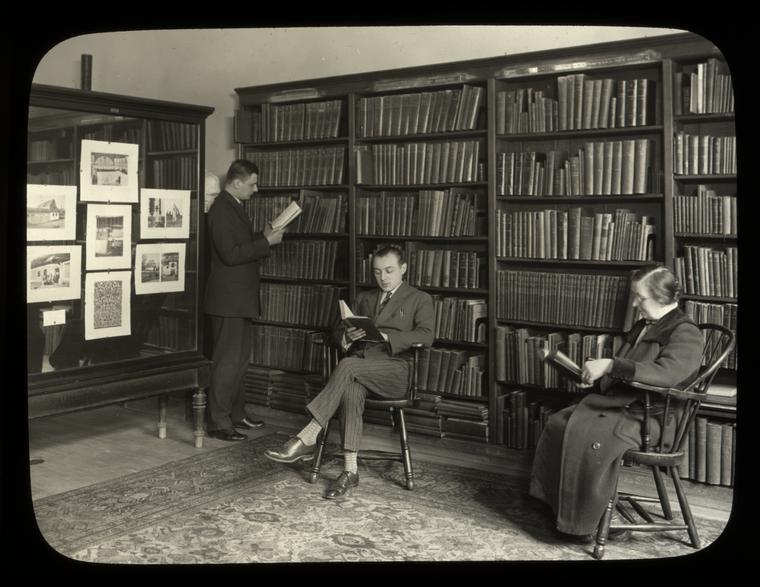Missed the Media140 Oz Politics conference on social media, then see the twitter stream at: #media140
Or listen to some of the highlights on ABC Canberra 666 here.
And see the photos on Flickr here.
And see Clare Wardle’s excellent presentation on the last UK election here.
And see First Dog on the Moon’s cartoons which he live streamed during the day here. Including the below which is not completely proportionate.

Copyright - First Dog on the Moon
I won’t give my opinions on every aspect of the whole day, it was too long for that and this is not the forum.
But I think the twitter stream gave a fair interpretation. There was an awful lot of navel gazing by old media journalists on their role and the role of twitter. Although the moderators tried to get the speakers off the subject of twitter and onto other social media it was often in vain.
The speakers who did engage with the wider subject were very worthwhile, US Ambasador Jeffrey Bleich and Clare Wardle from the BBC both gave a real insight into how social media worked in recent elections overseas (US and UK).
Possum Comitatus and Jodee Rich were also very impressive, Rich in particular was insightful about the role of listening in social media. Both also said that the political use of social media in the last election was woeful. Jo Scard has now made the news by one point she made.
While Stephen Collins and Craig Thornler (gov 2.0 specialists) in the last discussion tried to raise how social media is being used in the government space and to look beyond twitter.
All in all a worthwhile day and some lessons:
- Old media is not really prepared to engage in social media
- Social media allows people to talk to people without the mediation of the media (which is why the old media don’t like it)
- Successful social media in elections is that produced by people outside of the parties
- Political parties are too risk adverse to engage fully in social media
- Social media can galvanise large numbers of people for an election but afterwards how do you keep them engaged so they do not become disillusioned (see what has happened to Obama)
- Half of the Australian population is on facebook, businesses know how to engage with them, political parties and organisations do not









